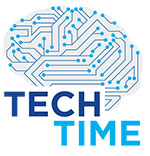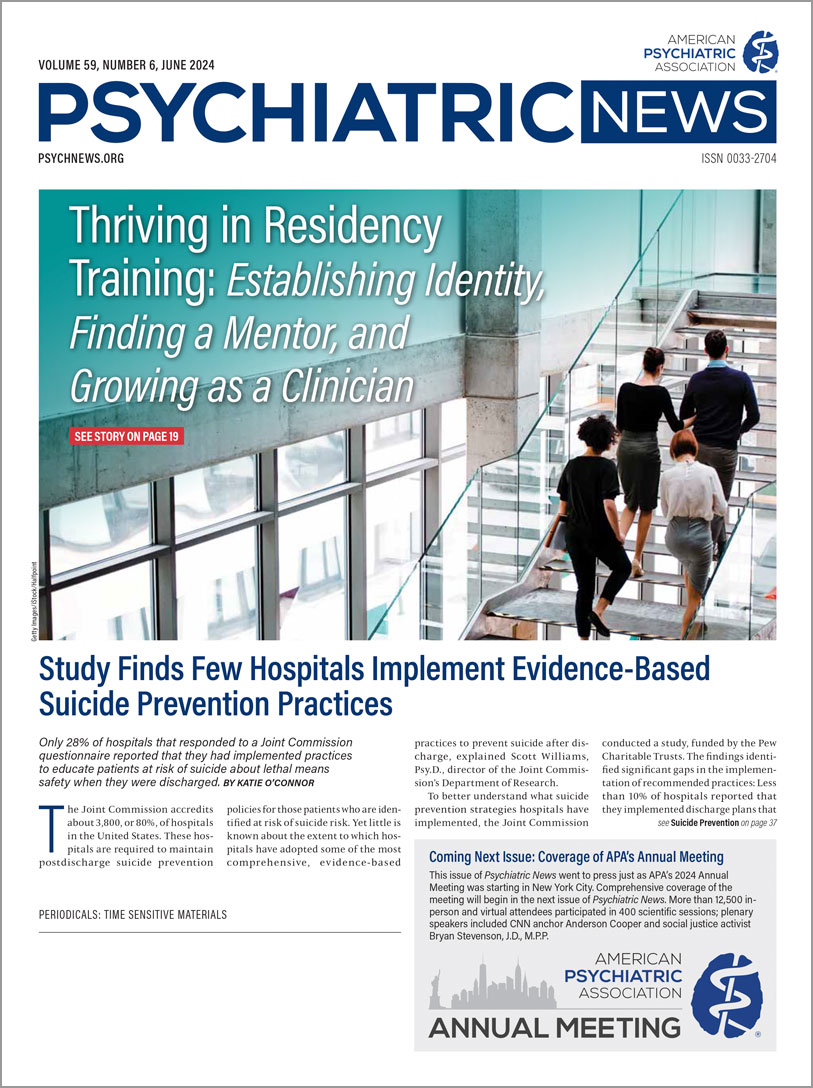Artificial intelligence (AI) continues to develop at a breakneck pace. Keeping up with each advancement has become a full-time job. Previously, I have written on
AI-generated images, and several companies have released their video-generating models. These models are now combined with audio-generating tools to create fully immersive videos.
Although
OpenAI’s Sora has received the most media attention in this area (despite not being available to the public), other companies like
Pika and
Runway have already deployed user-facing video-generation tools. These tools can generate novel video clips from natural language instructions. Most also allow editing video clips with natural language and animating existing photographs. For instance, Pika AI highlights in a demo video that one can generate “Elon Musk in a spacesuit” or add a pair of sunglasses onto a video of a primate.
The novelty and power of this form of technology have motivated the largest technology companies (including Adobe, Amazon, Anthropic, Google, Meta, Microsoft, OpenAI, TikTok, and X) to sign a pledge to combat “deceptive AI content from disrupting voting in 2024,” according to a February 16
article in
The New York Times. Its ability to impact video generation has also created excitement and fear in Hollywood, leading some directors to abandon even million-dollar investments in new studios. Given this technology’s power to disrupt the status quo of democratic politics and Hollywood, it stands to reason that this form of generative AI will also impact medicine.
To assess the impact of novel technology on mental health, the field of psychiatry must ascertain how the technology impacts all users (for example, social media’s impact on body image for all users) and how it affects those experiencing acute symptoms of a psychiatric disorder (for example, what occurs when someone searches TikTok for suicide methods). This strategy can certainly be extended to generative AI and has even been the topic of
work I led at
Brainstorm: The Stanford Lab for Mental Health Innovation.
Creating complex videos with simple text has innumerable implications for health care, and only a few have even been discussed. However, one can imagine the power of generative AI and augmented reality/virtual reality completely revolutionizing medical education and training. Suddenly, complex situations and patient scenarios can be simulated. If the development of this technology continues to proceed at the same pace, in just a few years, a trainee or student may learn how to perform a psychiatric interview, ECT, or transcranial magnetic stimulation with the aid of AI-powered video generation.
Beyond medical education, generative AI is also changing how content is generated, edited, and accessed. As previously mentioned, all users of generative AI can be expected to experience certain benefits and harms regardless of their personal characteristics. Video-generating tools could improve users’ mental health by enhancing and personalizing entertainment, education, and support. Individuals may enjoy personally curated entertainment options and may be able to receive access to a free AI-powered tutor on any topic. In moments of stress or isolation, tools like
Replika and
Character.ai might be enhanced so that they can provide an acute reprieve from such moments. A
recent study in
npj Research highlighted that users of Replika already found it helpful for support, and 3% already reported that it “halted their suicidal ideation” This suggests that there are also specific benefits of this technology for users with acute symptoms of psychiatric disorders.
Similar to the support provided by Replika, 988 (the National Suicide and Crisis Lifeline) and similar services may be expanded to include video-generated therapists trained in de-escalation techniques. For users with generalized anxiety disorder, video-generation AI offers the ability for immersive and personalized mindfulness exercises. For users with major depressive disorder, there may exist personalized and engaging behavioral activation content. This all sounds like a sci-fi film, but generative AI can already generate a reasonable behavioral activation plan—linking that to a multimodal model to add audio and video is not a quantum leap. Regardless of its potential, we as psychiatrists must ensure that this technology is augmenting human care, not replacing it, and providing evidence-based support immediately when users need it.
Despite the incredible potential of this technology to further democratize access to mental health care and support, there are certain risks associated with this novel technology. For one, users of Replika AI and similar visualized “AI companions” express concern about overreliance on technology for emotional support. Some users note that this overreliance has led to isolation. Anecdotal stories about harms are essential, as there are few (if any) published studies on this topic. Furthermore, AI-generated videos can significantly influence public opinion on politically charged issues and in elections, which is dangerous when paired with deliberate misinformation. Lastly, users experiencing psychosis (for example, Capgras delusions) may be especially vulnerable to such anthropomorphic technologies.
As psychiatrists, we need to ensure we stay up to date on the technology because video-generating AI is already impacting our patients (both positively and negatively). These topics should be discussed in journal clubs and grand rounds and addressed in medical school and residency curricula and by expert lecturers. Also, medical educators should proactively identify how these technologies can augment medical education.
Neither the list of benefits nor risks I have outlined is meant to be exhaustive; rather, I hope it is a springboard for further thought and discussion within your respective institution and practice. Text-to-video AI is here to stay, and it will impact user well-being in positive and negative ways.
If we are not seeking out the rooms where these technologies are built, these decisions will be made without our input—and our patients will be worse off. ■


